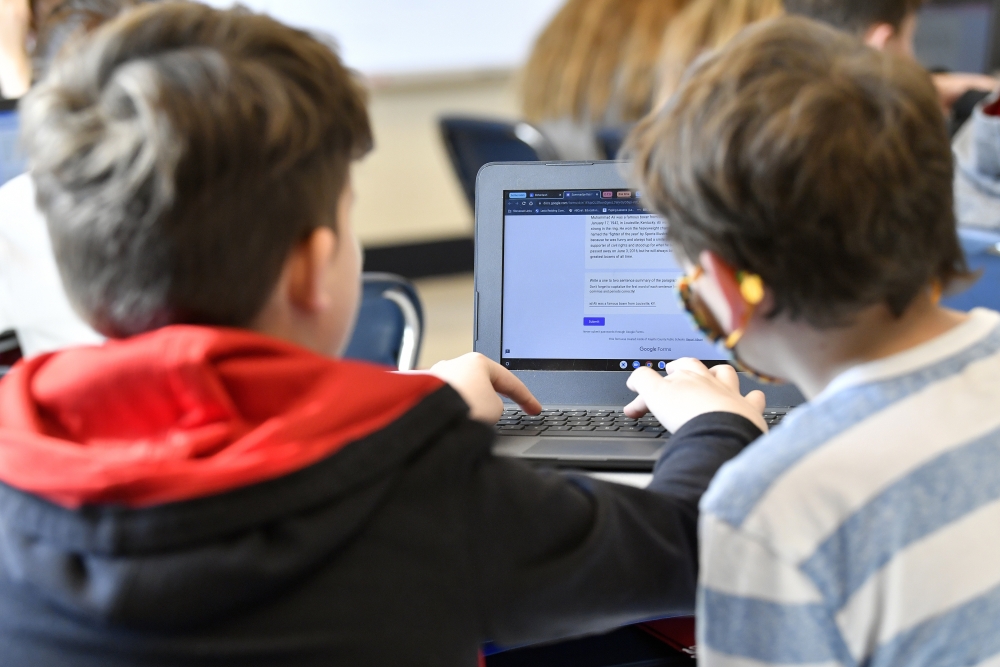Is Technology Harming Maine's Students? A Growing Concern Over Reading Scores & Digital Dependence

Maine has long prided itself on being a pioneer – famously the first state to enact Prohibition and, more recently, the first to implement statewide 1-to-1 computing in schools. While this technological leap might seem progressive, a troubling trend is emerging: Maine consistently ranks among the states with the lowest reading scores. As a language educator, I’m increasingly concerned that our embrace of technology in classrooms may be contributing to this decline.
Google's AI Overview highlights Maine’s technological leadership, but it doesn't address the core issue. The correlation between widespread technology use in schools and declining reading proficiency is undeniable. We've placed laptops and tablets in the hands of every student, often at the expense of foundational skills like focused reading, critical thinking, and deep engagement with text.
The allure of technology is understandable. It promises personalized learning, increased engagement, and access to a wealth of information. However, the reality is often different. Students are easily distracted by notifications, social media, and the endless stream of online content. The instant gratification of digital platforms can undermine the patience and perseverance required for sustained reading and comprehension.
Furthermore, the reliance on technology can hinder the development of crucial language skills. Reading from a screen is fundamentally different from reading a physical book. The tactile experience of holding a book, turning its pages, and seeing the text laid out in a linear fashion contributes to a deeper understanding and retention. Digital texts, with their scrolling and hyperlinks, can disrupt this process and fragment attention.
I'm not advocating for a complete rejection of technology in education. Used thoughtfully and strategically, technology can be a valuable tool. However, we need to re-evaluate our priorities. Are we truly equipping our students with the skills they need to succeed in the 21st century, or are we simply chasing the latest trends?
We must prioritize reading instruction and ensure that all students have access to high-quality literacy programs. We need to foster a love of reading and cultivate a culture of deep engagement with text. This means limiting screen time, encouraging independent reading, and providing opportunities for students to interact with books in meaningful ways.
Maine's legacy shouldn't be defined solely by its technological innovation. It should also be defined by the quality of its education and the success of its students. Let's ensure that our pursuit of progress doesn't come at the expense of our children's literacy.
It's time for a serious conversation about the impact of technology on Maine's students. We owe it to them to create an educational environment that nurtures their minds and prepares them for a future where strong reading skills are more essential than ever. Let's reclaim our focus on literacy and ensure that Maine's students are not left behind.






